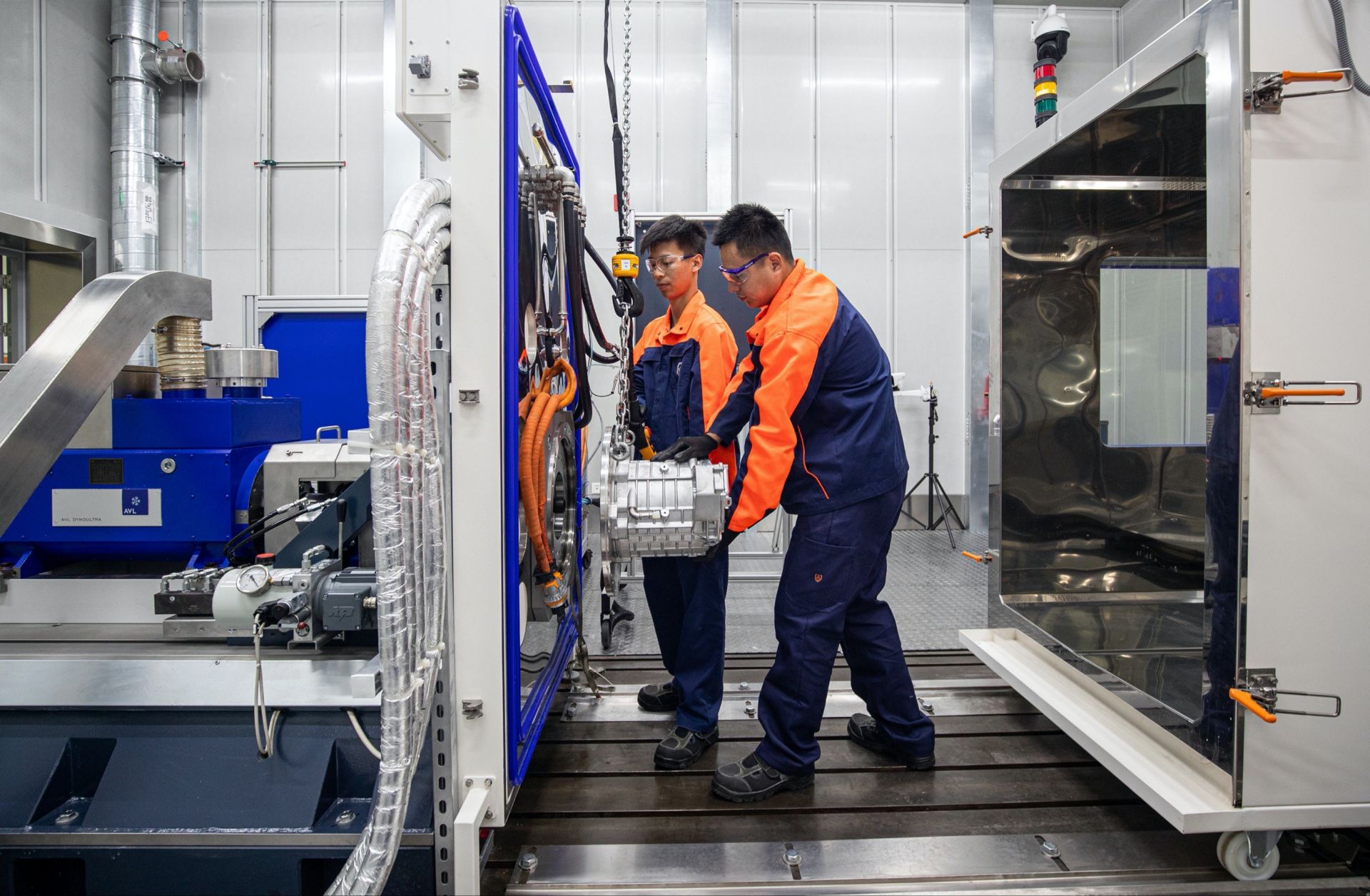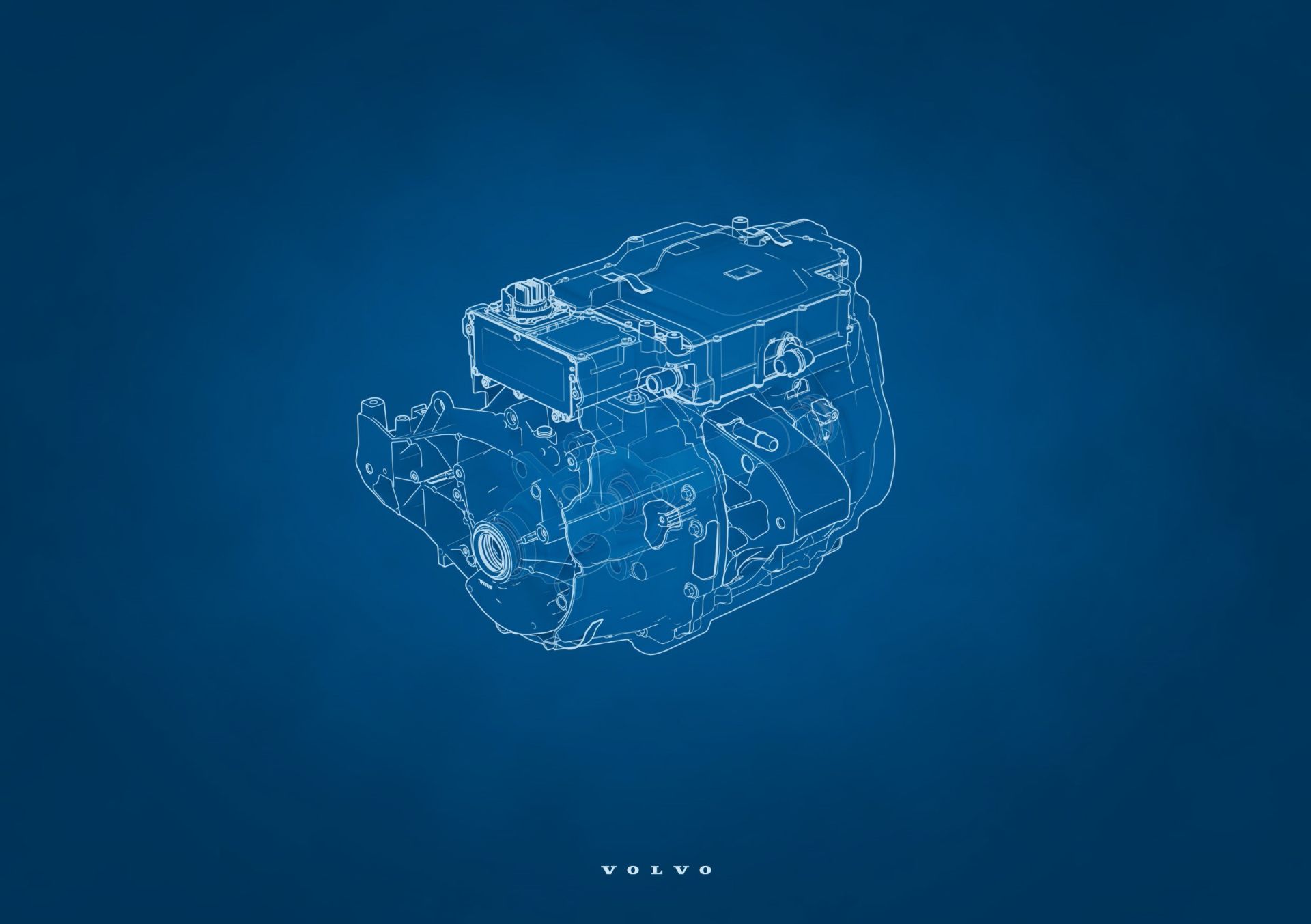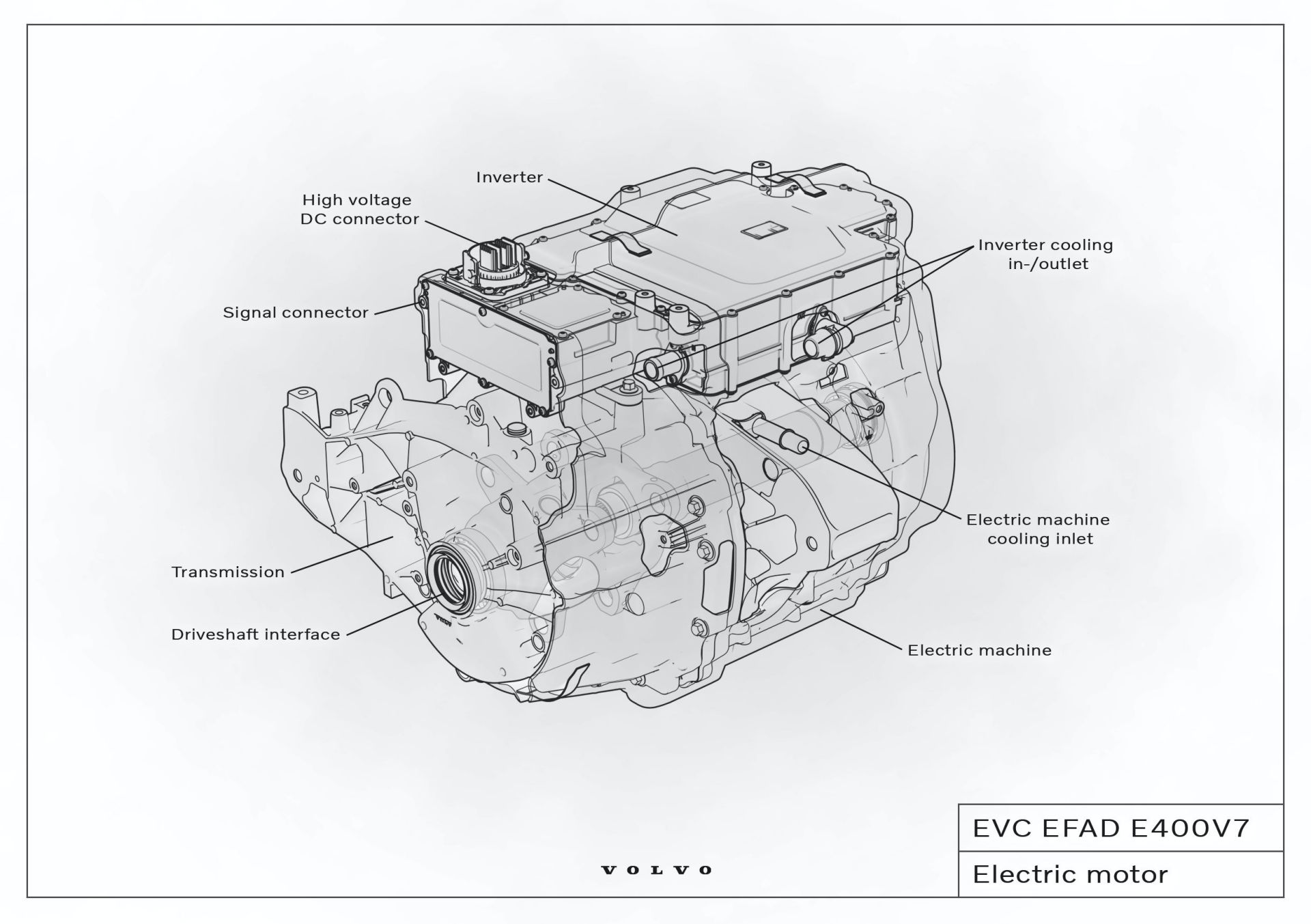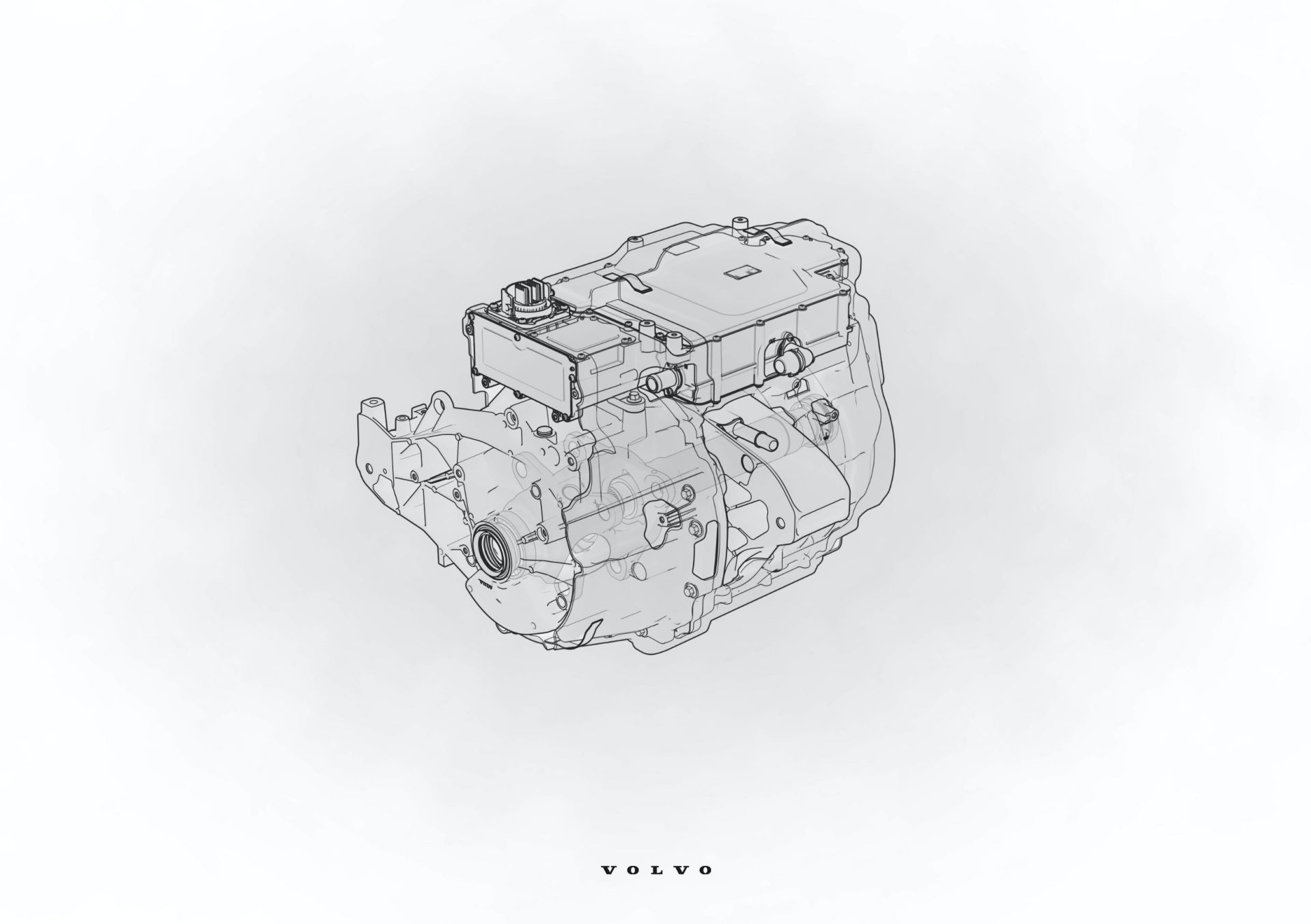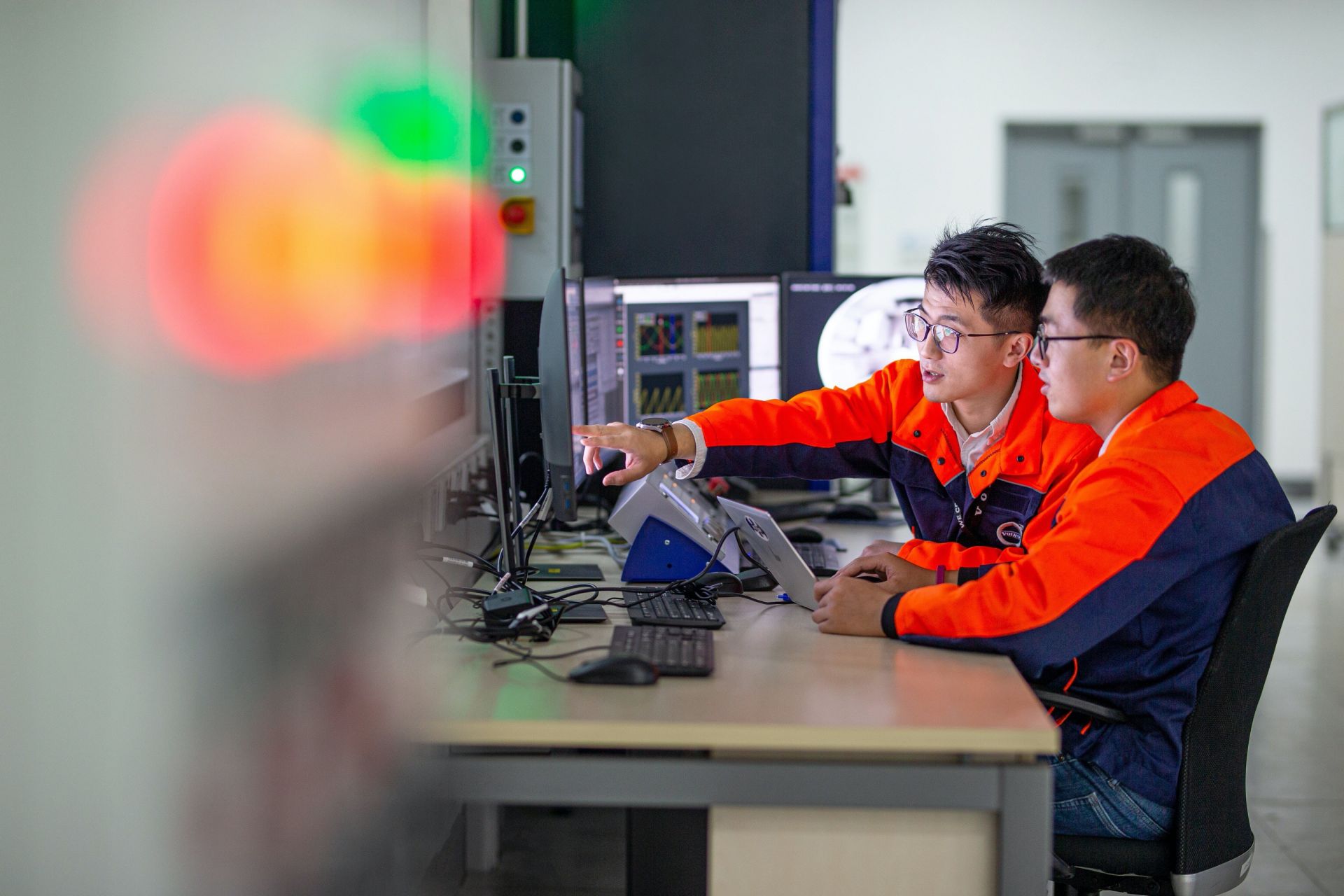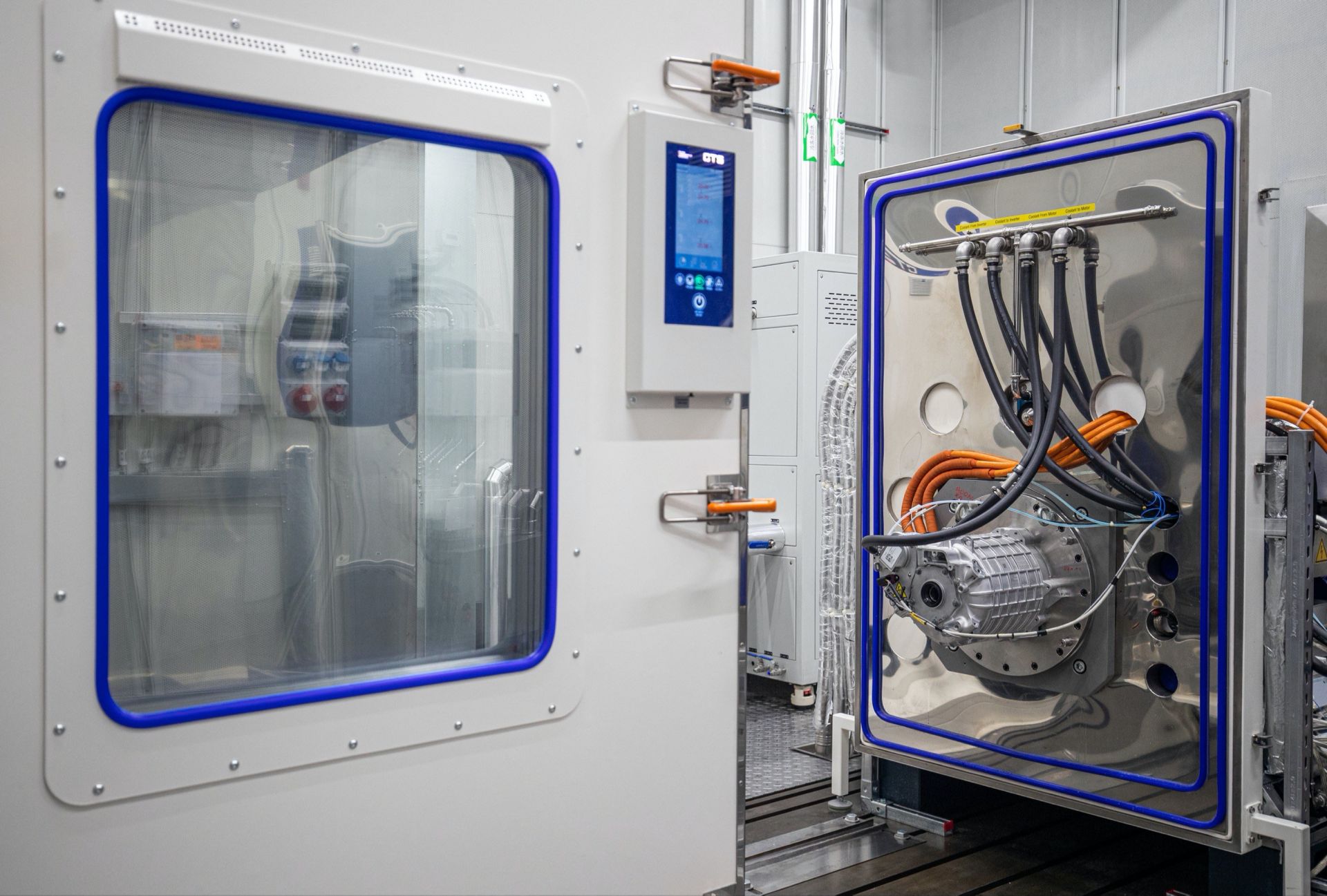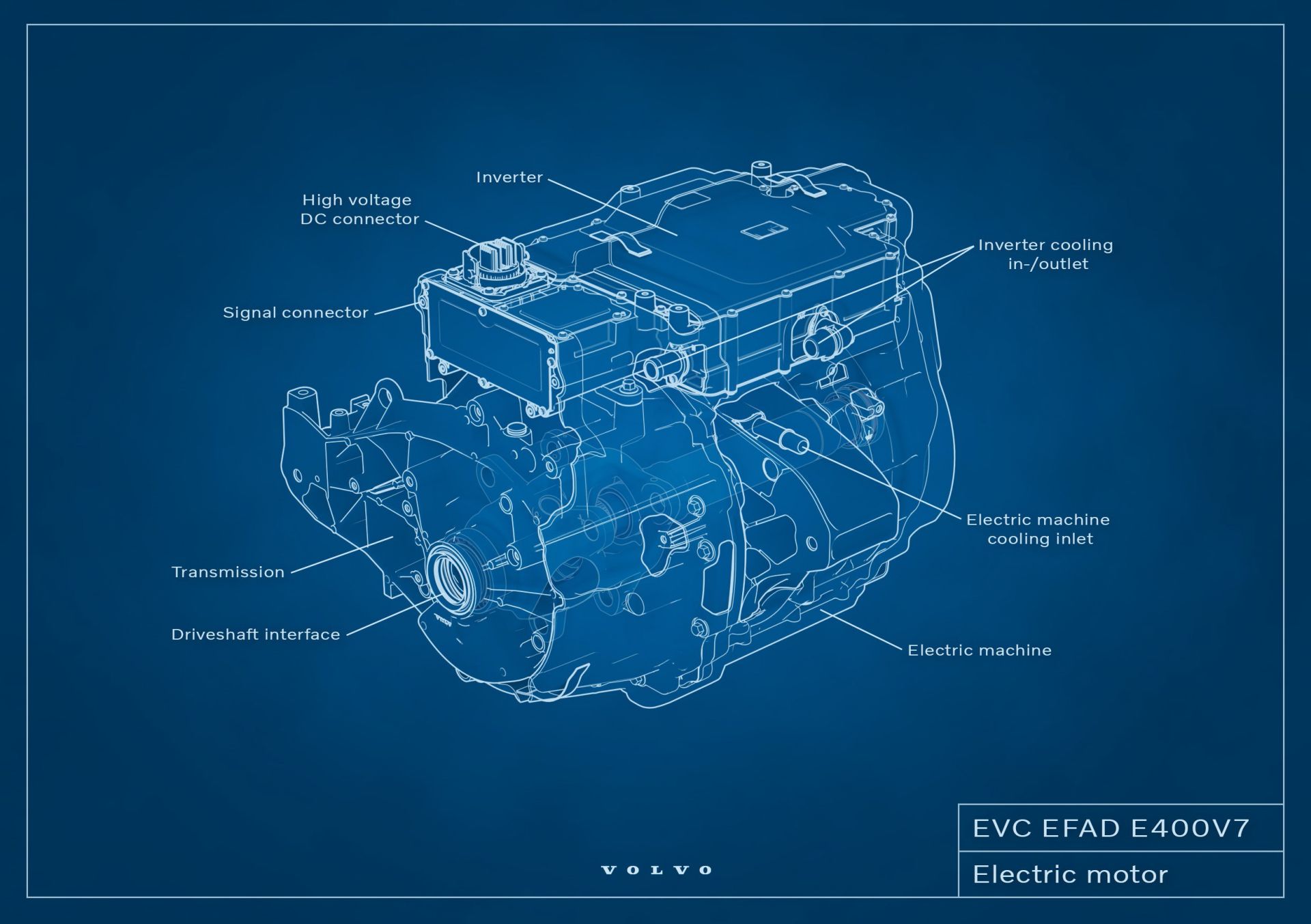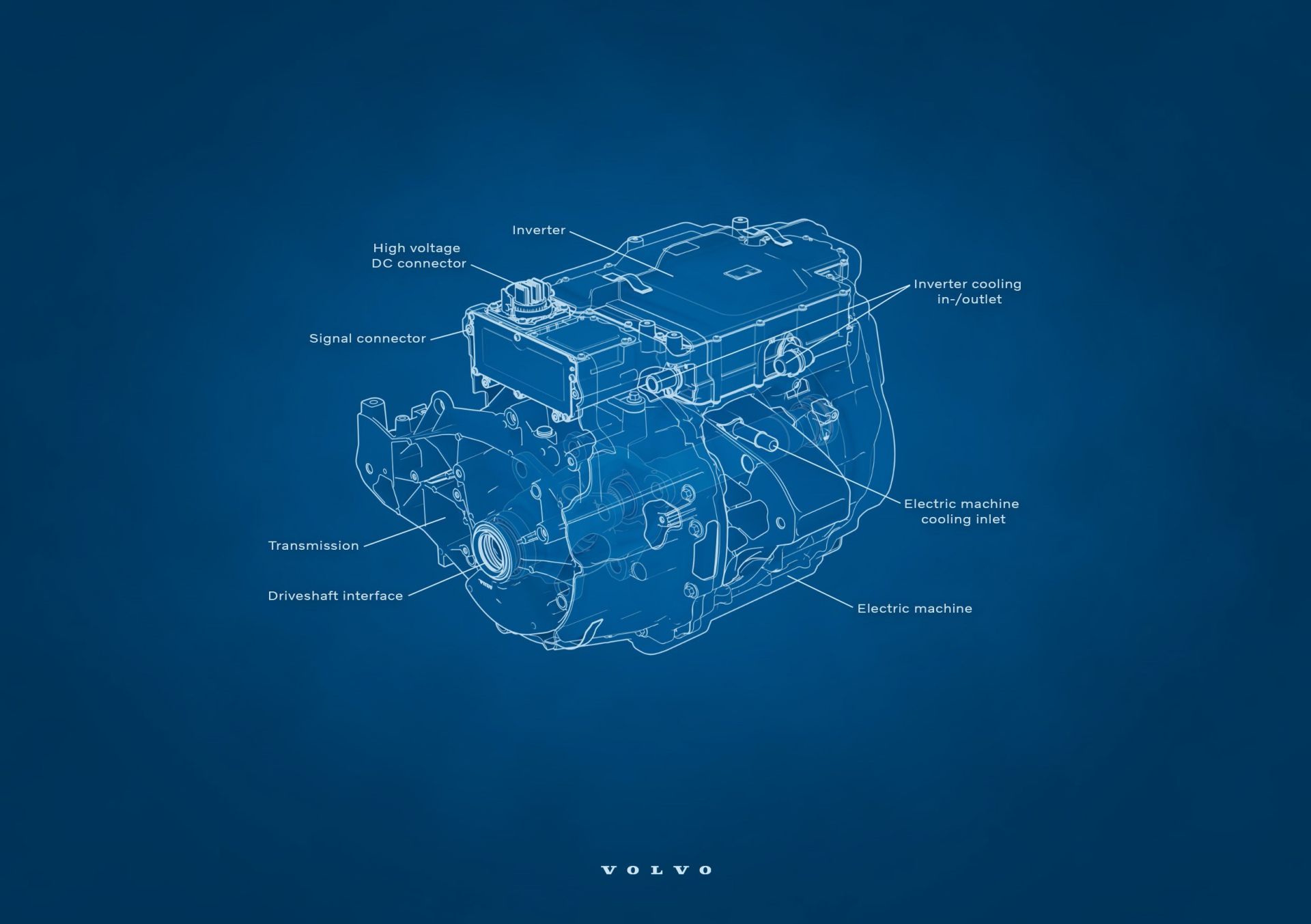Volvo makes no secret of its plans to become a fully electric carmaker and wants to be able to build as many of the necessary components in-house.
The company has announced significant investments to “allow for the in-house design and development of electric motors for the next generation of Volvo models”. The Geely-owned firm today opened a brand new electric motor lab in Shanghai, China, the latest addition to its global network of facilities for EV components development and testing.
The new electric motor lab in Shanghai became operational last month and will mainly focus on electric motor development for use in fully electric and hybrid cars based on Volvo’s forthcoming SPA 2 modular vehicle architecture. The new lab is in addition to ongoing e-motor development in Gothenburg, Sweden and battery labs in China and Sweden.
See Also: Geely’s New SEA Electric Vehicle Platform To Underpin A Range Of Models
“Taking over the role of the internal combustion engine in car engineering, e-motors are a fundamental building block of electric cars, together with the battery and power electronics,” Volvo says in the press release. “The interplay between these three component areas is crucial in developing premium electric cars.”
According to the company, bringing the development of electric motors in-house will allow its engineers to further optimize them and the entire electric driveline in new Volvos. As a result, engineers will be able to make further gains in terms of energy efficiency and overall performance.
“Through in-house design and development, we can fine-tune our e-motors to ever better levels. By constantly improving their overall performance levels in terms of energy efficiency and comfort, we create an electric driving experience that is unique to Volvo,” said Henrik Green, chief technology officer at Volvo Cars.
These investments in e-motor design and development represent yet another step towards Volvo Cars’ climate ambitions and electrification strategy. The carmaker aims for 50 per cent of its sales to be fully electric vehicles by 2025, with the rest hybrids.




